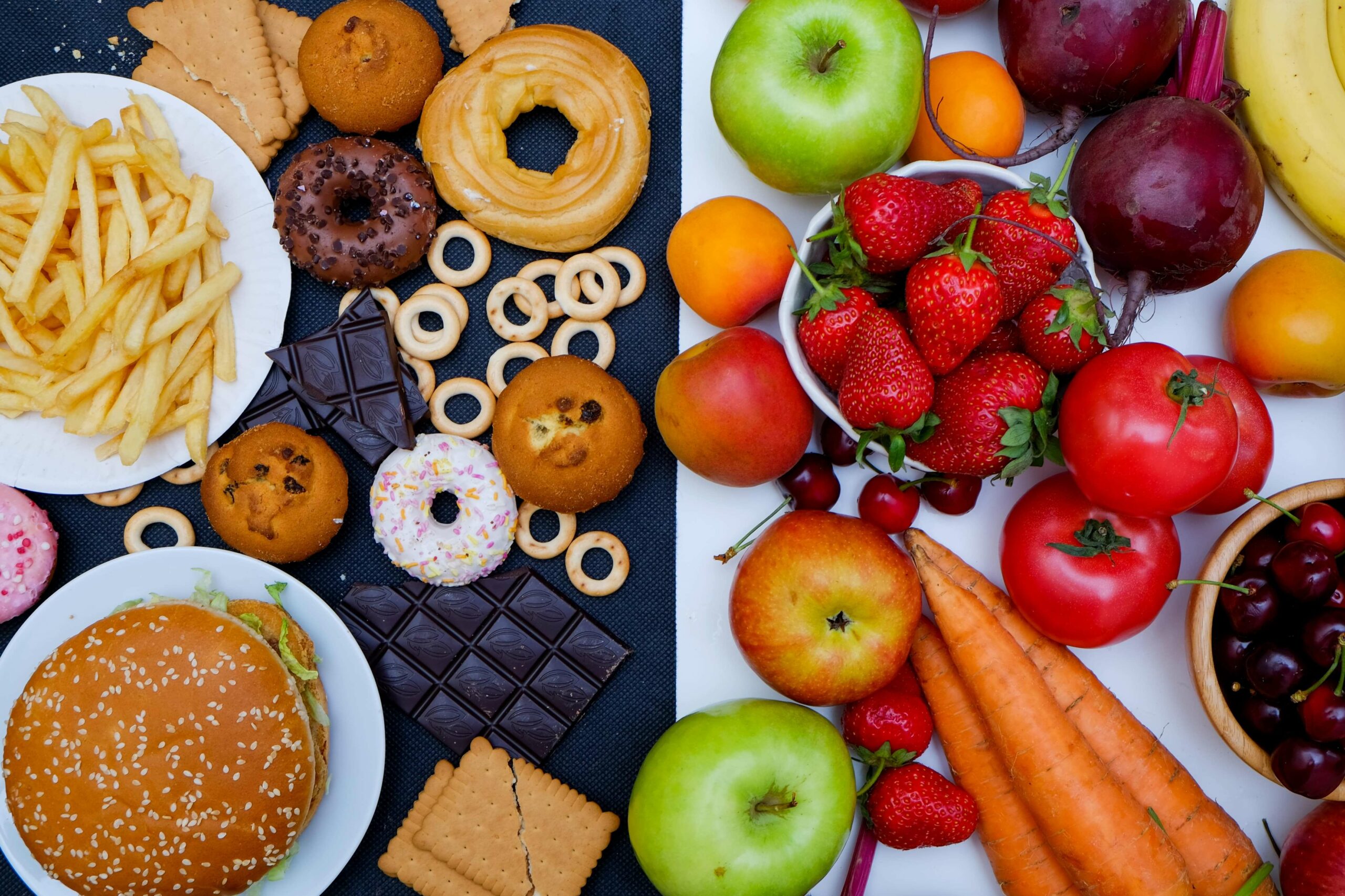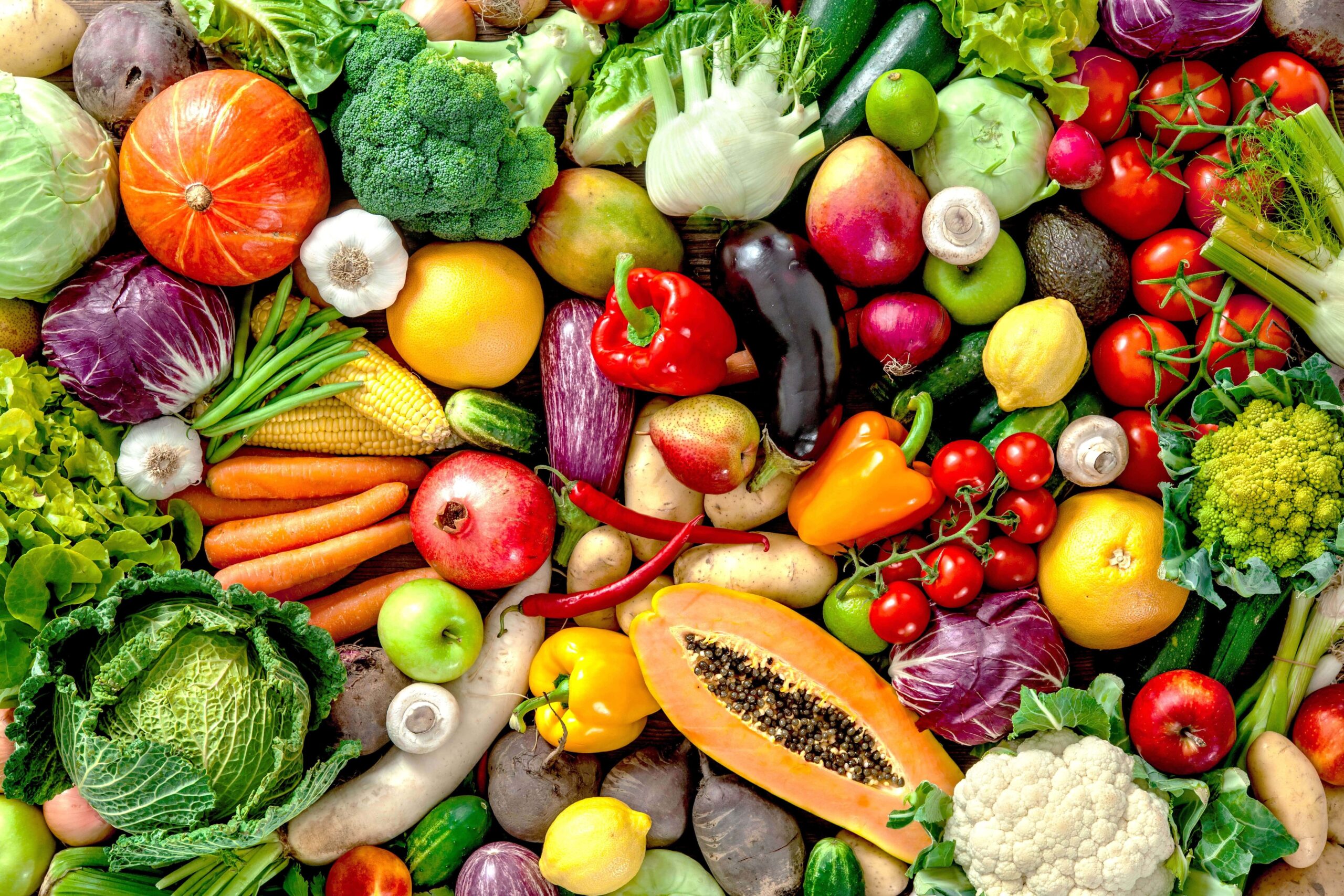
Cholesterol is often misunderstood. We have been bombarded with information that says that high cholesterol levels increase the risk of heart disease, but much other information is simply fiction.
Read on as we shine some light on cholesterol and learn the truth behind the myths.
Myth #1: High cholesterol is only a concern for men – not women
Fact: Women have estrogen on their side to help keep cholesterol levels within the normal range. However, after menopause, this advantage is gone. Men over 45 and women over 55 are at higher risk for elevated cholesterol.
Myth #2: High cholesterol is genetic and there is nothing you can do about it
Fact: While genetics definitely play a role, diet, and lifestyle choices have a significant impact on cholesterol levels. Having a family history of high cholesterol means you must take preventive steps and be more proactive to keep your levels within normal
Myth #3: Cholesterol can only be successfully lowered with medication
Fact: When you learn you have high cholesterol, it’s important to investigate the cause. Frequently if you correct the cause, your cholesterol levels will return to normal. Possible causes of high cholesterol may include a poor diet, lack of activity, infection, mental stress, and physical stress.
Myth #4: Taking cholesterol-lowering medication means I do not have to change my diet or be more active
Fact: Cholesterol medications can help lower cholesterol levels only so far. By making heart-healthy diet and lifestyle choices, you’ll increase the effectiveness of your medication.
Myth #5: Food is heart-healthy if it says
Fact: The Cholesterol portion of the nutritional label refers to dietary cholesterol, which is only one of the things found in food that can cause your cholesterol to go sky-high. Saturated fat (found in animal foods and dairy products) and trans fats (found in packaged foods) appear to have a far more significant impact on low-density lipoprotein (LDL). This so-called bad cholesterol causes atherosclerosis than dietary cholesterol.
Myth #6: Kids can’t have high cholesterol
Fact: Research has shown that atherosclerosis—the narrowing of the arteries that leads to heart attacks—can start as early as age eight. Children with high cholesterol should be on a diet restricting saturated fat and dietary cholesterol, and exercise is also recommended.
Myth #7: Cholesterol is always a bad thing
Fact: When most people hear “cholesterol,” they think “bad.” The reality is more complex. High cholesterol can be dangerous, but cholesterol itself is essential to various bodily processes, from insulating nerve cells in the brain to providing structure for cell membranes. The role of cholesterol in heart disease is often misunderstood. Cholesterol is carried through the bloodstream by low-density and high-density lipoproteins (LDL and HDL). LDL, known as bad cholesterol, and not the cholesterol it has per se, is responsible for atherosclerosis.
Myth #8: Low cholesterol is always a sign of good health
Fact: Although low levels of LDL cholesterol are usually healthy, studies show that people who develop cancer typically have lower LDL in the years before diagnosis than those who don’t get cancer. People with low blood cholesterol are also prone to various infections, suffer from them longer, and are more likely to die from an infection.
Myth #9: There are no visible symptoms of high cholesterol
Fact: Some people with high cholesterol develop yellowish-red bumps called xanthomas that can occur on the eyelids, joints, hands, or other parts of the body. The best way to tell if your cholesterol is too high is to have it checked every three years, starting at age 20, or more often if your healthcare provider advises.
Myth #10: It’s okay to stop taking your cholesterol medication once you get your numbers down
Fact: If you stop taking your cholesterol medication, your bad LDL cholesterol might bounce back to where it was when you started. When your cholesterol goes back up, so does your heart attack and stroke risk. While there’s no “cure” for high cholesterol, it can be managed successfully. Managing cholesterol successfully takes a lifelong commitment to your health—including taking your medication daily.
Myth #11: High cholesterol isn’t a problem for thin people
Fact: Thin, overweight, or in-between, everyone should check their cholesterol regularly. While overweight people tend to have high cholesterol from overeating fatty food, those who don’t gain weight quickly must be aware of how much-saturated fat they eat.
Myth #12: Switching from butter to margarine will help lower my cholesterol
Fact: Margarine, like butter, is high in fat—and all fatty foods should be eaten in moderation if you have high cholesterol. Most margarine contains saturated fat, a significant food factor in high cholesterol.
Myth #13: No need to have your cholesterol checked until you’re middle-aged.
Fact: Even children—especially those with a family history of heart disease—can have high cholesterol levels. Getting cholesterol levels checked at an early age is a good idea.
Myth #14: All your cholesterol comes from food
Fact: Most of the cholesterol inside you doesn’t come from the food you eat but from your body’s natural processes.
It’s essential to get your cholesterol checked regularly. Too much cholesterol in your blood can put you at risk for heart disease. Learn how Maxicare can help protect your health through comprehensive coverage for outpatient treatment, including consultations, lab tests, diagnostic procedures, and more. Contact us for more information and find a plan that meets your healthcare needs.
References:
http://www.indiatimes.com/lifestyle/health-and-fitness/14-cholesterol-myths-busted-169076-1.html












